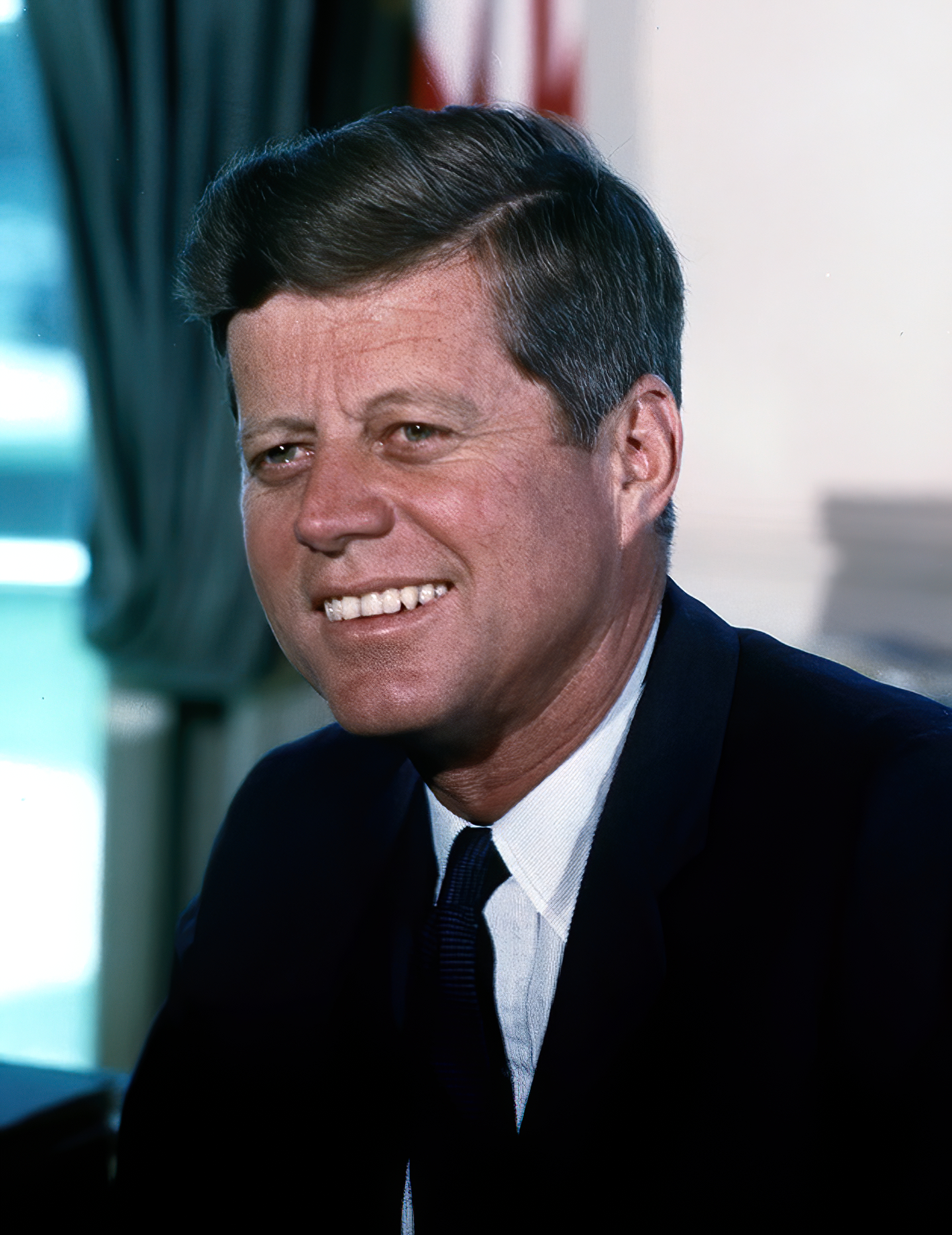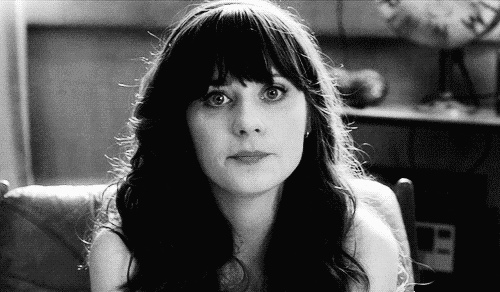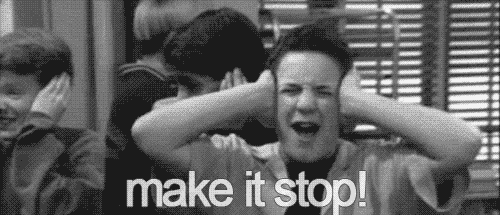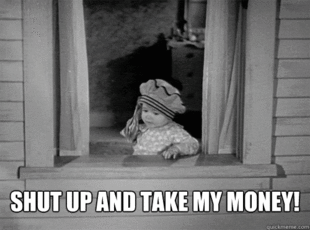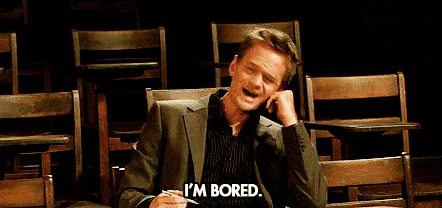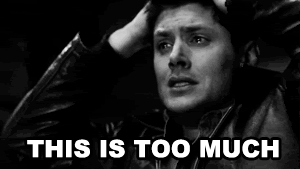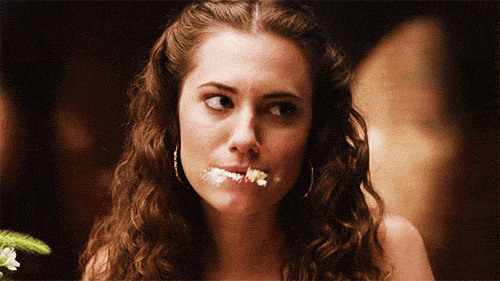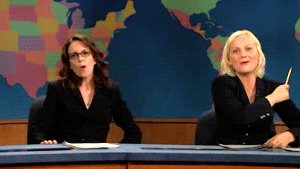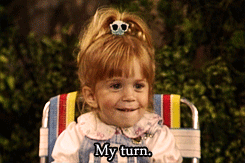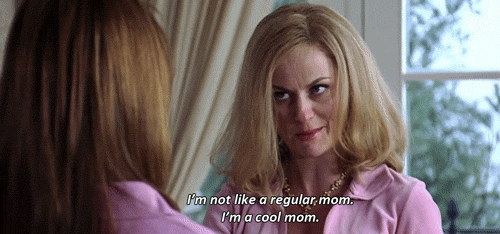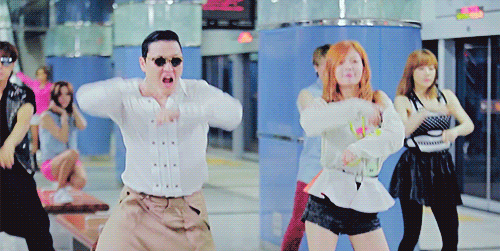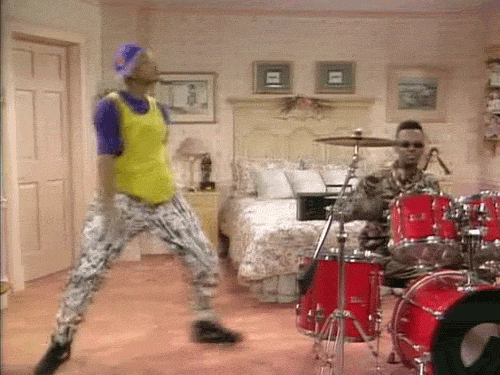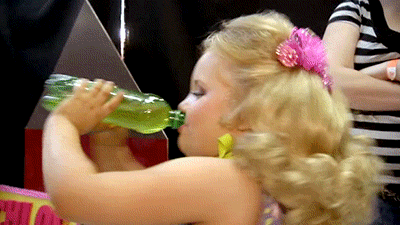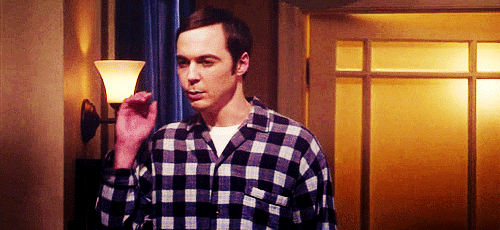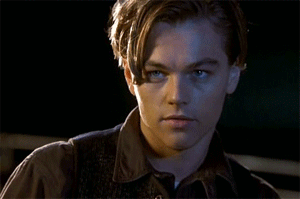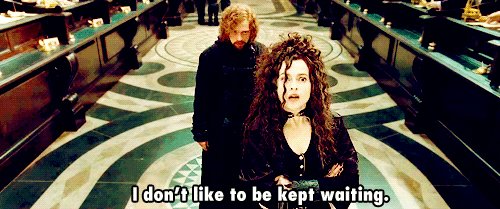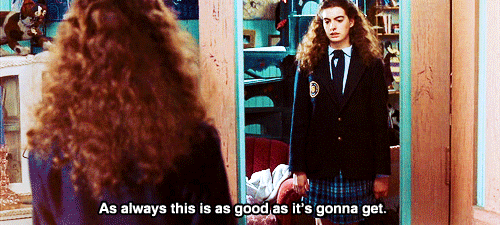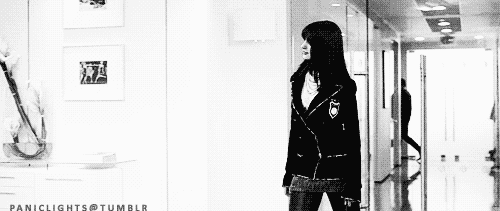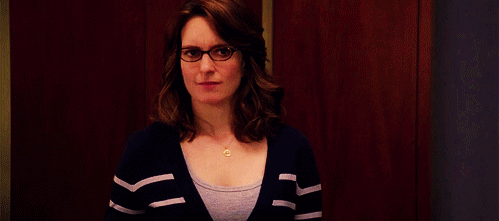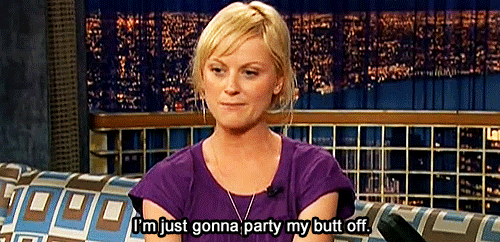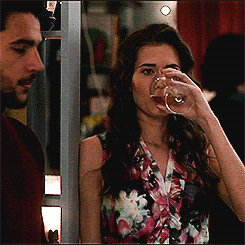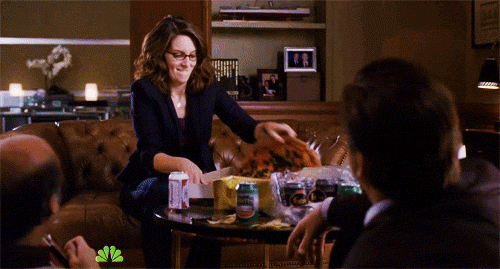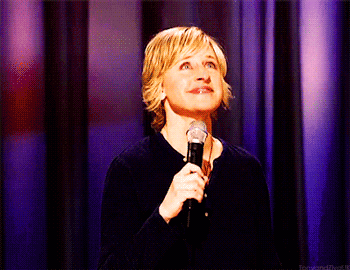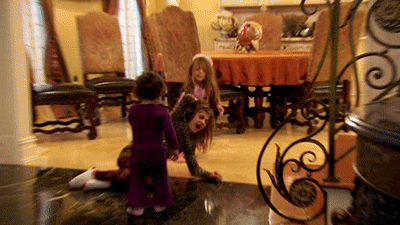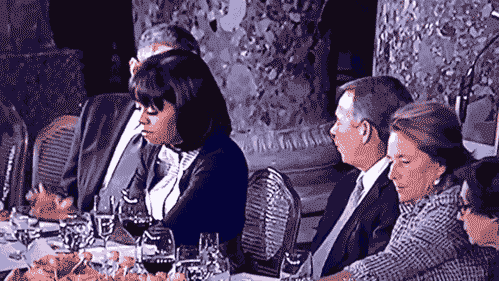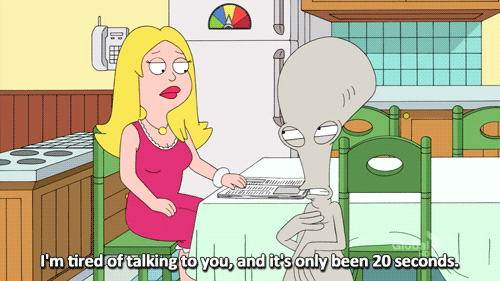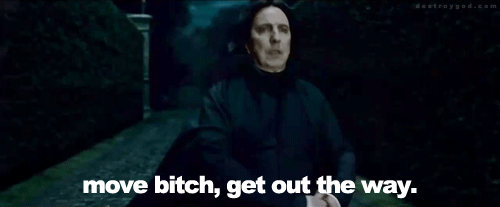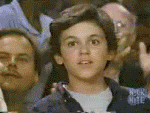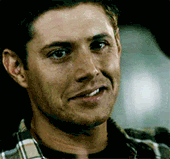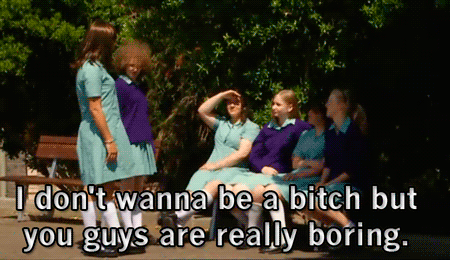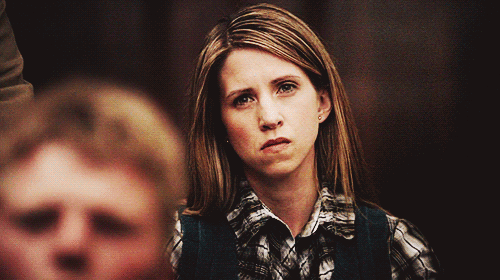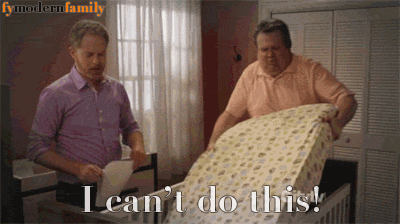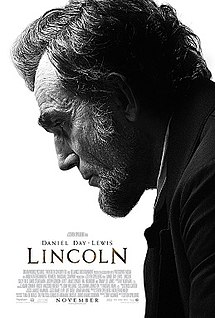If you've turned on a TV this week you've been likely to see
some mention of a special about the 50th anniversary of the JFK assassination. There have news specials, documentary films,
and entire News Magazine shows devoted to the tragic events that unfolded 50
years ago, this Friday. Sure, it’s a
ratings grab. Every network wants a
piece of the pie. But the question is,
why is there even a pie to be shared? Why
are Americans so drawn to the barrage of coverage that there are enough
eyeballs to watch everything and make them profitable?
What is it about the untimely death of our 35th president
that is still so intriguing to Americans that it warrants so much time and
attention by our popular media?
John F. Kennedy is an enduring character in our popular and
political culture, yet his story is so uncharacteristic of who Americans tend
to hold up to our highest regards. He did
not struggle to the top from humble beginnings.
He was not an underdog who overcame great odds to become our
president. He was born to a wealthy
family with great political, social and economic resources. He had the best education America had to
offer and great social status. He is the
antithesis to the American dream. He didn't
have to work for his social and economic status. He probably didn't have to work at all if he didn't want to. Not that everything was handed to
him on a silver platter (despite chronic medical woes he was a decorated Navy lieutenant
who fought in WWII and suffered injuries during his service, and he worked his way up in politics to our country's highest office), he does not
embody the values that the American character tends to celebrate.
So, what then is it about him that endures? I've been watching a lot –and I mean a lot of
the specials on Kennedy and there are 2 themes are at the heart of almost all
of the retrospectives and explorations into Kennedy’s life and death.
The first is how he is frozen in time as this handsome,
charismatic young man who had so much potential to make this world a better
place and all of that potential was cut short in one instant. His beautiful wife and children are the
things fairy tales are made of. He had it
all and he could have been our great savior – after all, he founded so many
important social, environmental and scientific initiatives that are, till
today, cornerstones of our society such as the Peace Corps, desegregation initiatives,
Space exploration, foreign policy, and the list goes on. Who knows what he could have gone on to
do? He was a doer and a joiner. In today’s era where things are so
contentious and divisive and seemingly nothing actually can get done in Washington,
he was someone who had ideas about what would make our country – and this world
– a better place, and he actually got a lot done. So yes, he was born into greatness, and he
reached a place of potential, but just how much farther could he have gone?
The second theme is the conspiracy theories that endure till
today. The Warren commission swore up
and down that there was no conspiracy. Additionally,
new forensic evidence and 21st century technology and experiments also have
shown that there was no second shooter, no magic bullet and no government
involvement in the death of our president. Yet there are still some strongholds out there
that there is more going on than what that evidence seems to point to. Oliver Stone, the director of the 1991 movie,
JFK said it then and reaffirms now that he believes that there had to be a
conspiracy surrounding the shooting. Part
of it is that Americans love a good murder mystery. But I think the other part of it is that
there’s a disbelief – or a want to disbelieve that the most powerful person in
the free world could be taken down by just one guy with a grudge. One guy hiding out in a book depository who
no one noticed taking aim at our President.
Could security be that lacking? The
conspiracy theory also feeds our seeming need to distrust government and big brother
who watches and controls the day to day of our society. The events surrounding his assassination is rife with questions and so rich with opportunity for conspiracy theories and doubts of the actual events, its no wonder people are still trying to piece together all of the elements to form a sequence of events that give closure.
These are two fundamental pieces of our American character. So while John F. Kennedy was not the typical character
one might write up to be a model of the American dream but in his death so many
questions are left unanswered. That rich
text for exploration and questions will endure because there’s no way to answer
“what if” and each generation can place their hopes and dreams onto what could
have been and hope for something better for them.
